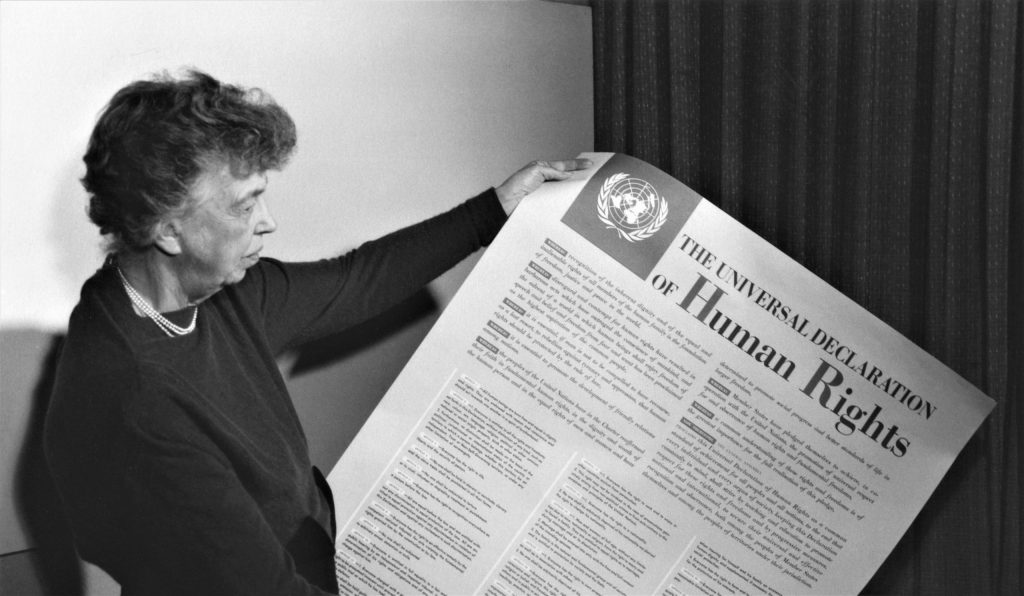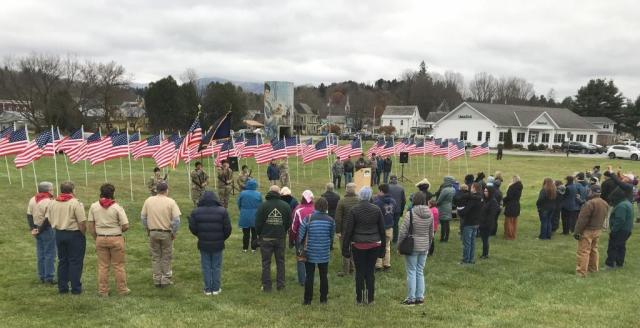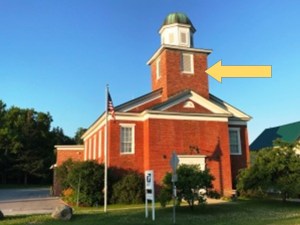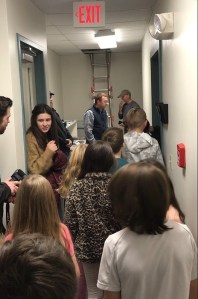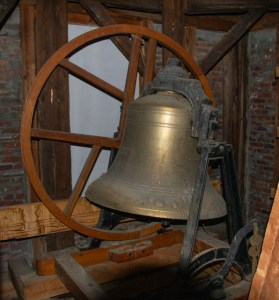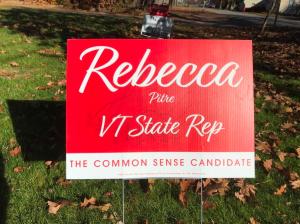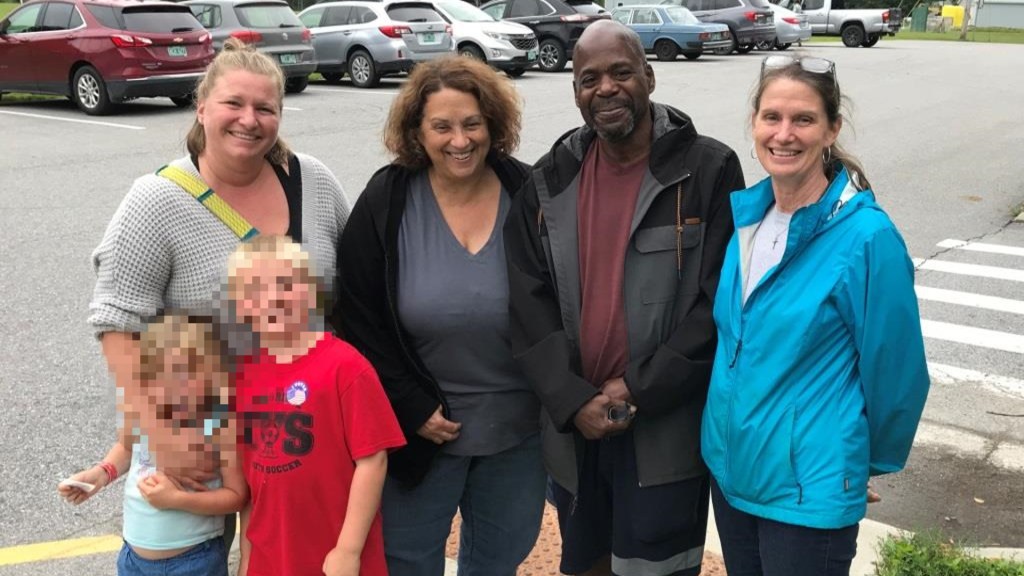As we approach the 2024 town meeting in my town of Cambridge, Vermont, it may be useful to reflect on last year’s town meeting.
See Town Meeting 2023 – Part 1 for the series of Front Porch Forum posts that I published last year in the weeks leading up to the 2023 town meeting. This post is a summary of the 2023 town meeting.
There is a 3-page summary of last year’s town meeting in the 2023 town report. That is a condensed version of the 10-page minutes of the meeting on the town’s website (here).
The following is adapted from an article that I wrote for the Mountain Gazette on March 16, 2023.
The annual Cambridge Town Meeting was held on Tuesday, March 7, 2023, in the Cambridge Memorial Gymnasium. The meeting got underway shortly after the scheduled start time of 10:00 AM following the Cambridge Town School District Meeting. While the Town School District Meeting wrapped up in about 45 minutes with little discussion, the Town Meeting lasted several hours, adjourning shortly before 4:00 PM.
Two topics in the Town Meeting were of particular interest to voters: the election of two selectboard members and Article 11 about the possible acquisition by the town of the Cambridge Community Center.
Selectboard elections were held early in the meeting, following the reports of town officers and before lunch. Two new selectboard members were elected: Peter Ingvoldstad and Charlie Guyette. There were surprises in both elections.
Selectboard Member George Putnam had previously announced that he was not seeking re-election for his 3-year position. He served two terms, six years. Don Lange nominated Charlie Guyette for this open position. Joel Page nominated Peter Ingvoldstad. Charlie currently serves on the Board of Trustees for the Village of Jeffersonville and ran unsuccessfully for selectboard in 2022. Peter previously served as a school board director.
Charlie announced on March 5 (Facebook) and March 6 (Front Porch Forum) that he was seeking this position. Peter had not previously announced. He said in his remarks from the floor that he made up his mind that he would run about 1 AM on Town Meeting Day (March 7).
Peter won the paper ballot election by a vote of 127 to 98 (total of 225 ballots cast).
Selectboard Member Larry Wyckoff has previously expressed uncertainty about whether he was running for re-election for his 2-year position. He had served three 3-year terms and one 2-year term for a total of 11 years. Jeff Coslett nominated Larry. Sally May nominated Charlie Guyette. Kathy Johnson nominated Chris Bolen, who had announced in the March 2nd issue of the News & Citizen that he was running for selectboard. Chris previously served on the Cambridge Planning Commission.
In the middle of his remarks from the floor, Larry Wyckoff declined his nomination and endorsed Charlie Guyette. Charlie won the paper ballot election 179 to 37 with 1 ballot spoiled (total of 217 ballots cast).
The Cambridge Selectboard is a five-member board. The other three Selectboard Members are: Courtney Leitz (a 3-year position expiring in 2024); Cody Marsh (a 2-year position expiring in 2024); and Jeff Coslett (a 3-year position expiring in 2025).
Discussion of Article 11 about the Cambridge Community Center began well after lunch, around 2:25 PM. As printed in the warning, the article read: “Should the Town of Cambridge acquire the Cambridge Community Center? [Non-binding, advisory article.]” This was amended from the floor to read: “Should the Town of Cambridge investigate the purchase of the Cambridge Community Center? [Non-binding, advisory article.]”
Voters spoke both for and against the article. Dr. John Dunn, one of the owners of the Cambridge Community Center, spoke. Phil Rogers spoke about the role of Cambridge 360, a nonprofit organization. At about 3:00 PM, the article was approved in a voice vote with a substantial majority.
Two procedural votes prior to the discussion of Article 11 suggested the mood of the voters. Both votes were about suspending the rules to do something in the meeting other than what was printed in the warning. This can be done (within limits) with a 2/3 vote.
The first situation was before lunch and involved Rep. Lucy Boyden and Sen. Rich Westman. The town’s representatives in the legislature are expected to attend town meeting at some point during the day to speak to voters and answer questions. This is not in the warning, so when they are present it is normal to suspend the rules at a convenient break in the meeting for this purpose.
The moderator allowed Rep. Boyden and Sen. Westman to speak during the counting of the ballots in the second selectboard election. That time in the meeting is a downtime. The meeting stops until the results of the election are announced.
After the results of the second selectboard election were announced, the moderator asked if the voters wished to suspend the rules and continue the discussion with Rep. Boyden and Sen. Westman. In a decisive voice vote, the voters said “no.”
The second situation was after lunch following Article 6. There was a motion from the floor to suspend the rules and take up Article 11 next. A voice vote was inconclusive. The moderator called for a show of hands. The justices of the peace struggled to count the raised hands. The requisite number of people (7) called for a paper ballot. There was time for several “public service announcements” while the ballots were counted. The result was 97 votes in favor of suspending the rules and taking up Article 11 next vs. 43 votes opposed (total of 140 ballots cast). More than 2/3 were in favor and the motion passed.
Both procedural votes seemed to reflect the fact that, once the selectboard elections were completed, a significant number of voters were more interested in Article 11 than in anything else that might be discussed – even the budget.
All other articles in the warning, including the budget article, were passed after discussion. The following town officers were elected without opposition:
- Town Moderator – Jerry Cole
- Auditor – Donna Hutchins
- Lister – Suzanne Girouard
- First Constable – Mark Schwartz
- Collector of Delinquent Taxes – Dana Warren
- Library Trustee for 5 years – Teelah Hall
- Library Trustee for 4 years – Lesley Nace
- Library Trustee for 2 years – Liv Perry
- Library Trustee for 1 year – Eva Rosberg
- Trustee for Public Money – Elise Raymond
- Cemetery Commissioner for 5 years – Cathy Cleary
- Cemetery Commissioner for 2 years – Angela Pratt
During the reports of town officers (Article 2), Selectboard Member Courtney Leitz presented awards of appreciation to Donna Hutchins and Bonnie Hitchcock for their many years of service as town auditors. Donna was first elected 50 years earlier (1973) and Bonnie was first elected 45 years earlier (1978).
One exchange with Rep. Boyden and Sen. Westman before lunch is worth noting. A taxpayer asked: “Can you explain to me the “affordable” part of the Affordable Heat Act?” (S.5 was passed by the Vermont Senate on March 3.) Sen. Westman noted that he voted against the bill. Rep. Boyden said that the bill would now come to the House for action, and she was studying it.
Topics raised by voters under “other business” (the last article) included how the town was spending the money it received under the American Rescue Plan Act (ARPA) and the Equity Vision Statement that the selectboard adopted in June 2022.
Lunch was provided by the Cambridge Elementary School Parent Teacher Association (CES PTA) and the 6th grade Junior Iron Chef teams.
The Cambridge Town Meeting on March 7, 2023, was livestreamed and the recording can be watched here: https://www.youtube.com/watch?v=TyBxTy2P-cQ. The first part is the Town School District Meeting. The Town Meeting begins shortly after the 1-hour 9-minute mark.

